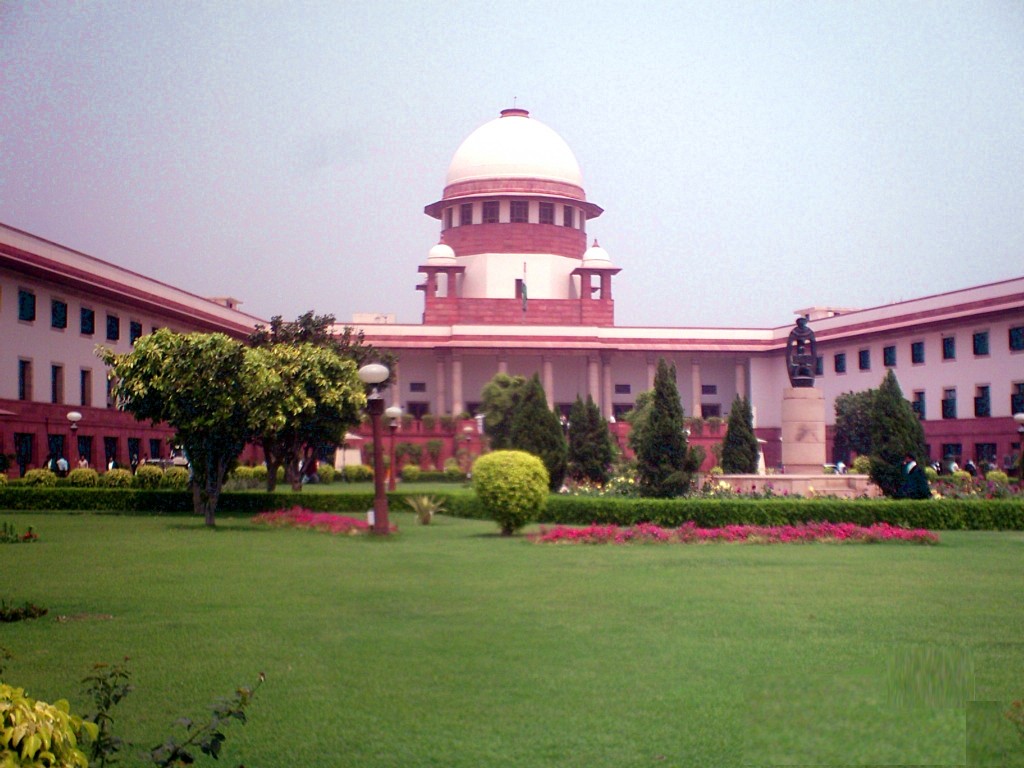In what can be termed as another jolt for gay rights in the country, a two-judge bench of the Supreme Court said that homosexuality is akin to social evil for some, and refused tax-exemption to a Gujarati movie based on the true story of Manvendra Singh Gohil- the gay prince of Rajpipla, Indian Express reported.
Meghdhanyshya — The colour of life, is a movie by K R Devmani’s and depicts the sufferings of homosexuals. It was cleared by the Censor Board as well. However, Gujarat Government denied tax exemption to the movie stating that it encourages homosexuality, could cause disharmony in the society, and no “decent family” would want to watch it. Gujarati colour movies produced after April 1997 get a 100% tax exemption. However, the exemption is denied to films depicting evil customs, blind faith, sati, dowry and such “social evils,” and those “against national unity”.
The decision of the state government was challenged in the High Court, where Gujarat government argued that the movie was a “threat to national unity” and promoted homosexuality, which was an offence under Sec 377 and depicted social evil. In Feb 2014, Gujarat High Court however granted the tax exemption, ruling that “a movie cannot be stalled only because it is based on a controversial subject” and that the government had denied freedom of expression to Devmani.
- Post Amritsar Pride, Punjab’s LGBTQ Community faces Online Trolling, Hate and Threats - July 12, 2023
- Same-Sex Marriage against Indian “Sanskars”, Says UP Govt; High Court Rejects Plea by Lesbian Couple - April 15, 2022
- Karnataka introduces Reservations for Transgender People, 1% Jobs to be Reserved under all Categories - July 21, 2021

